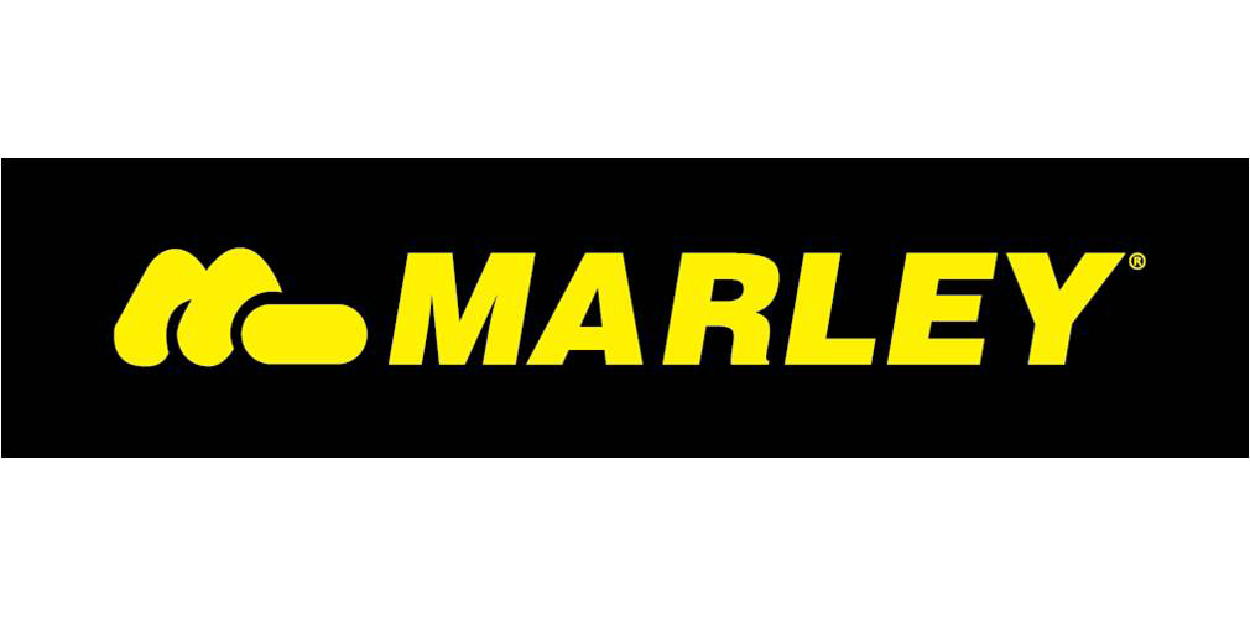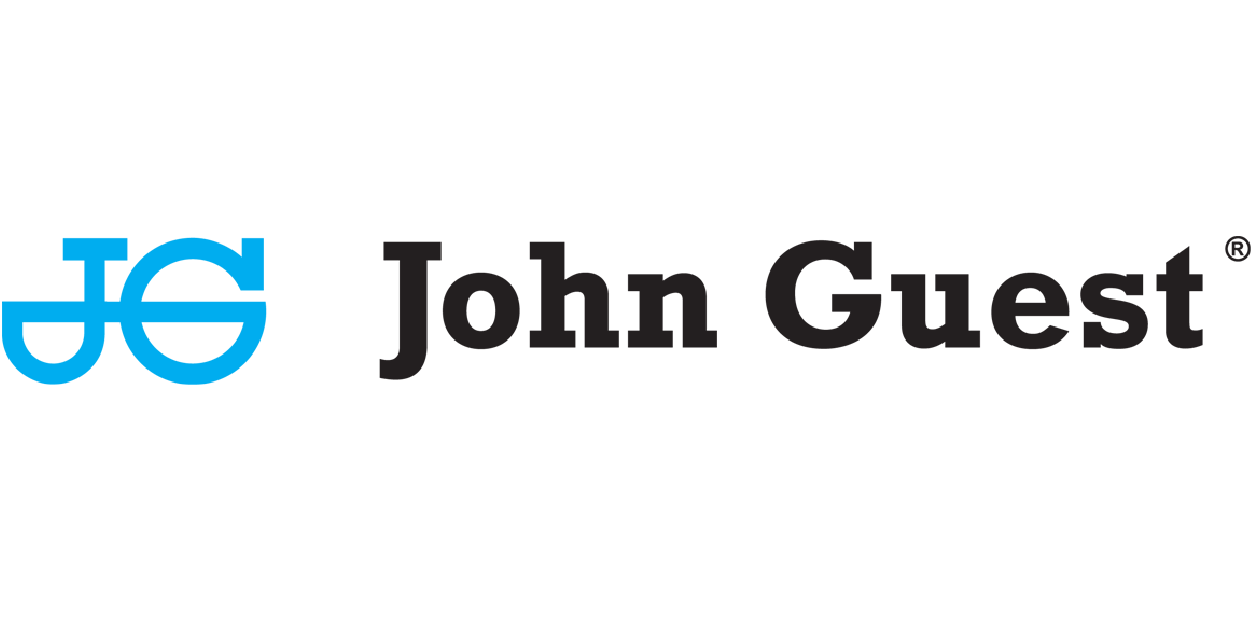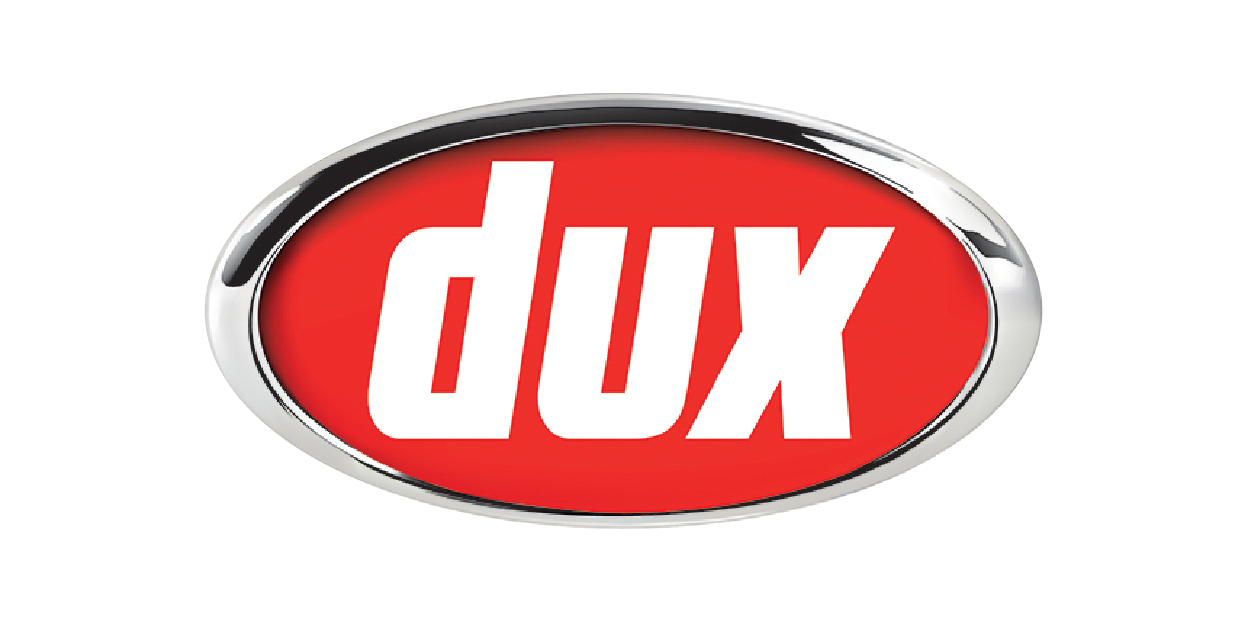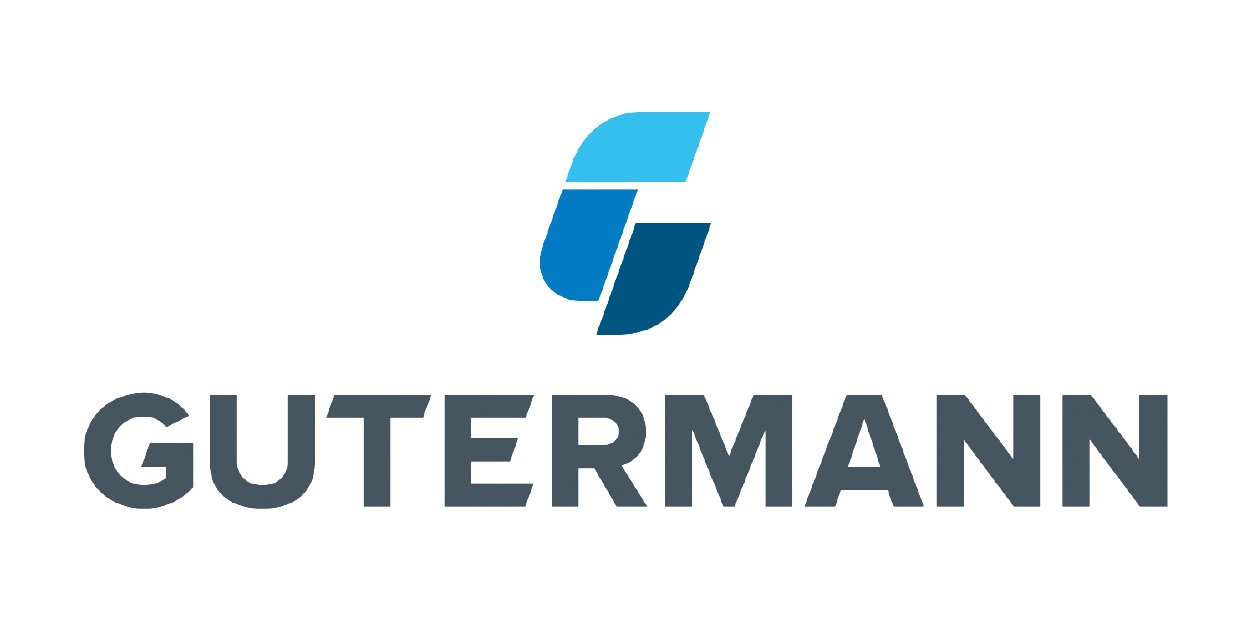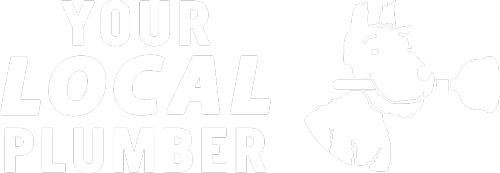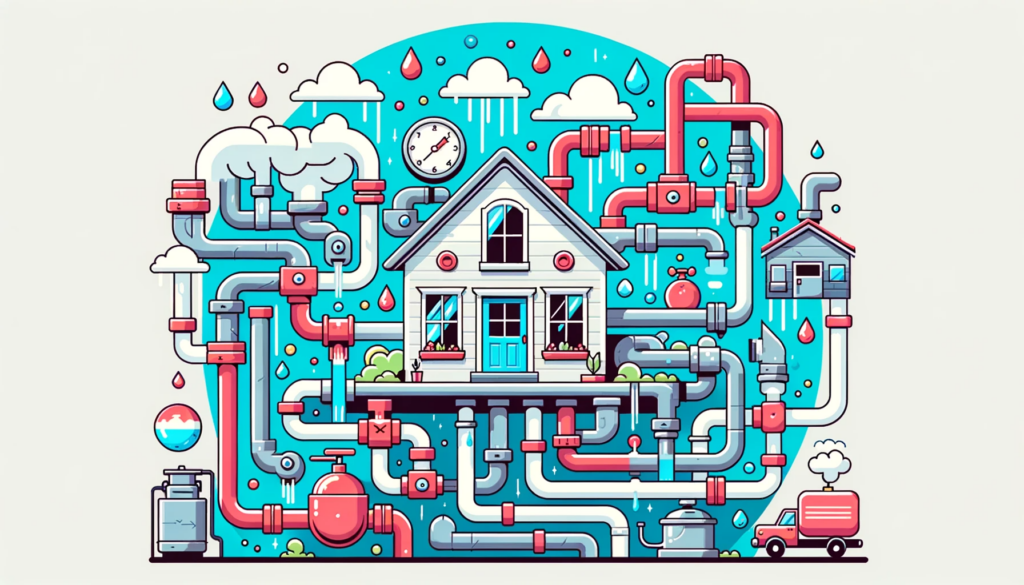
Call Today 09 973 4973 or
When it comes to leaks, it is essential to understand the various types that can occur in plumbing, gas, and sewer systems. Each type of leak presents unique challenges and risks, requiring specific detection and repair methods. In this article, we will discuss the different types of leaks that can occur in these systems and how they can impact your property.
Plumbing Leaks
Plumbing leaks are perhaps the most common type of leak that property owners encounter. They can occur in various parts of a plumbing system, including pipes, fixtures, and appliances. Some common causes of plumbing leaks include:
- Corrosion and material degradation: Pipes and fixtures can corrode or degrade over time, leading to leaks.
- Pipe joint failure: Leaks can occur at the joints where pipes connect due to age or improper installation.
- High water pressure: Excessive water pressure can cause strain on pipes and fixtures, resulting in leaks.
- Temperature changes: Extreme temperature fluctuations can cause pipes to expand and contract, leading to cracks and leaks.
Plumbing leaks can lead to water damage, mould growth, and increased water bills if left unaddressed. It is essential to have regular inspections and maintenance performed on your plumbing system to identify and repair leaks promptly.
Gas Leaks
Gas leaks are a more dangerous type of leak that can occur in gas lines and appliances. They pose significant health and safety risks, as leaking gas can be flammable, explosive, and toxic when inhaled. Gas leaks can be caused by:
- Corroded or damaged gas lines: Gas lines can corrode or become damaged over time, leading to leaks.
- Appliance malfunctions: Faulty connections or malfunctioning components in gas appliances can cause gas leaks.
- Improper installation: Gas lines and appliances that are improperly installed can result in leaks.
Detecting and addressing gas leaks is critical for maintaining a safe living environment. Regular inspections and maintenance of gas lines and appliances can help prevent gas leaks and ensure the safety of your property.
Sewer Leaks
Sewer leaks are another type of leak that can occur in sewer lines and septic systems. These leaks can be hazardous to both human health and the environment, as they can result in the contamination of soil, groundwater, and surface water. Sewer leaks can be caused by:
- Pipe blockages: Blockages in sewer lines can cause pressure to build up, resulting in leaks.
- Tree root intrusion: Tree roots can infiltrate sewer lines, causing cracks and leaks.
- Ground movement: Changes in soil conditions or ground movement can cause sewer lines to shift, leading to leaks.
Sewer leak detection and repair are essential for preventing contamination and maintaining public health. Regular inspections and maintenance can help identify and address sewer leaks before they become more significant problems.
In conclusion, understanding the different types of leaks that can occur in plumbing, gas, and sewer systems is essential for maintaining a safe and healthy living environment. By recognising the risks associated with each type of leak and taking steps to prevent and address them, property owners can protect their homes and businesses from the negative effects of leaks. Regular inspections and maintenance of these systems, along with prompt leak detection and repair, can help prevent damage, conserve resources, and maintain the safety and well-being of occupants.
Combined Leaks
In some cases, property owners may experience leaks that involve multiple systems, such as plumbing and sewer leaks occurring simultaneously. This can create a complex situation that requires a comprehensive approach to leak detection and repair. Combined leaks can result from:
- Construction defects: Poor construction or design can lead to leaks in multiple systems within a property.
- Natural disasters: Events such as earthquakes, floods, or storms can cause damage to various systems, leading to leaks.
- Aging infrastructure: As buildings and their systems age, they can experience leaks in multiple areas, including plumbing, gas, and sewer lines.
When dealing with combined leaks, it is crucial to enlist the help of professional leak detection services that can accurately diagnose and address the issues. Using advanced tools and techniques, these experts can identify the sources of the leaks and recommend appropriate solutions.
Preventing Leaks
Prevention is always better than cure, and the same applies to leaks in plumbing, gas, and sewer systems. Property owners can take several measures to help prevent leaks from occurring, including:
- Regular inspections and maintenance: Having your plumbing, gas, and sewer systems inspected and maintained regularly can help identify potential problems before they become more severe.
- Proper installation: Ensuring that all systems are correctly installed can help prevent leaks due to faulty connections or materials.
- Pressure regulation: Maintaining appropriate water and gas pressure within your property can help prevent leaks resulting from excessive pressure.
- Tree root management: Regularly trimming trees and managing their root systems can help prevent root intrusion into sewer lines.
By taking a proactive approach to leak prevention, property owners can minimise the risk of leaks and the associated damage, costs, and health and safety risks.
The Importance of Timely Leak Detection and Repair
Regardless of the type of leak, timely detection and repair are essential for minimising the negative effects on your property. Undetected leaks can result in extensive damage, increased utility bills, health and safety hazards, and environmental impact. By investing in regular inspections and maintenance, as well as professional leak detection services when necessary, property owners can ensure that leaks are identified and addressed promptly, protecting their property and its occupants.
In conclusion, understanding the various types of leaks that can occur in plumbing, gas, and sewer systems is crucial for maintaining a safe and healthy living environment. By recognising the risks associated with each type of leak and taking steps to prevent and address them, property owners can protect their homes and businesses from the negative effects of leaks. Regular inspections and maintenance, along with prompt leak detection and repair, can help prevent damage, conserve resources, and maintain the safety and well-being of occupants.
Suppliers
